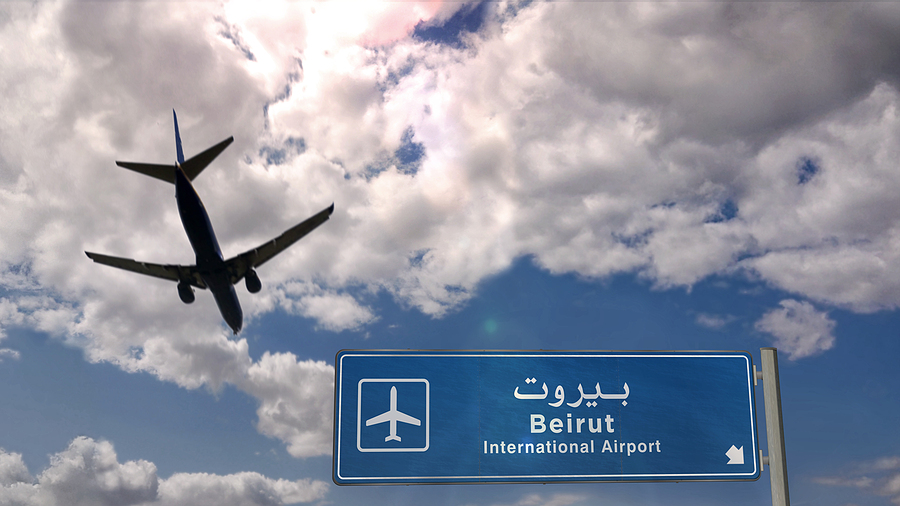Tech & Business
5.5.2023
Despite economic crisis, Lebanon expects $9bn from tourism this summer

Lebanon’s economically collapsed Lebanon is hoping that the expected massive return of Lebanese from the diaspora in the coming summer months will help give a shot in the arm to the Mediterranean country’s ailing economy, which has been in economic default for more than three years.
Lebanon’s outgoing tourism minister, Walid Nassar, said that more than two million tourists are expected between next June and September, mostly citizens of the diaspora in addition to visitors from Jordan, Kuwait, Egypt and Iraq.
$9 billion as “tourist revenue”
And that this influx of foreigners could bring in about $9 billion as “tourist revenue.”
After the financial collapse of 2019 and 2020, coinciding with both the Beirut port explosion and the pandemic and its effects lasting through 2021, Lebanon hosted 1.7 million tourists last year, mostly Lebanese from abroad.
Voir cette publication sur Instagram
Speaking at the Arabian Travel Market in Dubai, UAE, Lebanon’s outgoing minister said the number of visitors expected this year, however, is far below pre-crisis and pre-Codiv levels. In the summer of 2019 as many as 7 million tourists had arrived in Lebanon.
“In any case,” said the minister quoted by Emirati media today, “we can expect a really hot summer in terms of tourism in Lebanon.
Inflation is close to 270 percent.
Since 2019 the local lira has lost more than 95 percent of its value. And inflation is close to 270 percent. This has caused a surge in prices of consumer goods in a country where essential services, such as water, electricity, gasoline, medicine, are now all sold either directly in dollars or in lira but at prices updated to the value of the dollar.
See also
undefinedLocal analysts point out that the influx of a large amount of foreign currency cash brought in by the Lebanese diaspora in the summer months will, however, end up only partially in the state’s coffers, while much of these resources will feed client networks and the so-called informal economy.
popular

